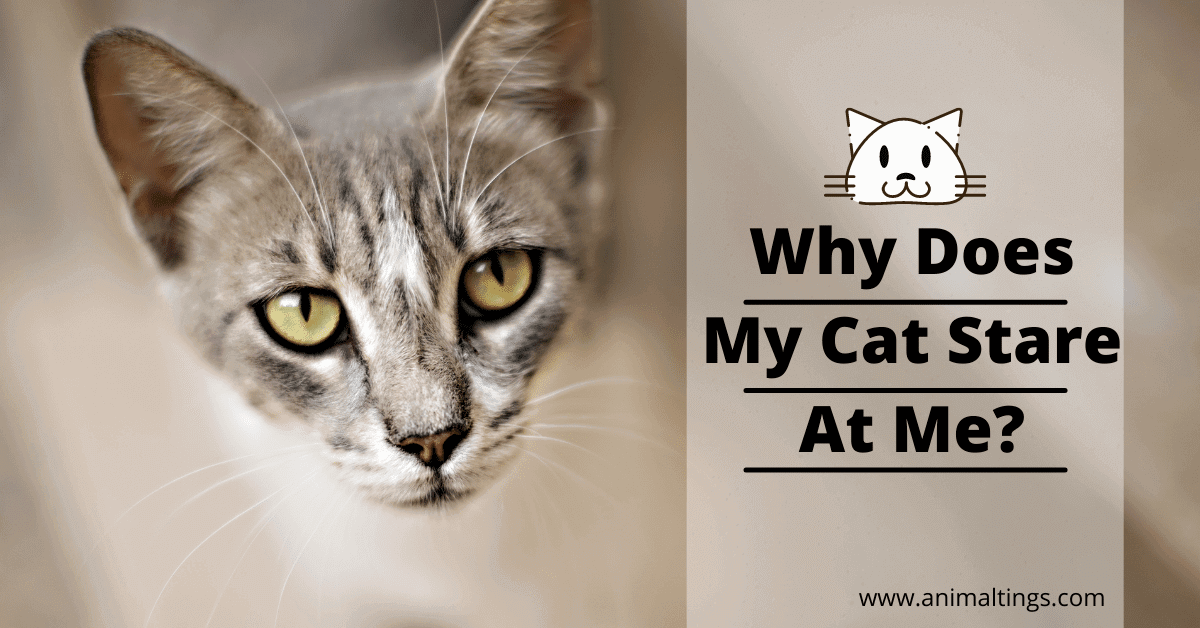Cats, those enigmatic furballs that rule our hearts, are known for their peculiar eating habits. As a responsible pet parent, you might have found yourself wondering, “Can cats eat grits?” After all, our feline friends have a way of sneaking a bite of whatever we’re munching on. Let’s dive into the tantalizing world of cat nutrition and find out if grits make the cut for our whiskered companions.
Table of Contents
Understanding Cat Nutrition: A Peek Into the Kitty Kitchen
Cats, those masters of mystery, have specific nutritional needs. They’re not just tiny tigers; they have unique dietary requirements that keep them purring with joy. Proteins, fats, vitamins, and minerals—these are the building blocks of a happy and healthy cat. But what about grits?
Grits Composition and Nutritional Value: Decoding the Gritty Details
Grits, the humble Southern staple, are made from ground corn. Now, corn is not typically part of a cat’s natural diet. Cats are obligate carnivores, meaning meat is their mainstay. Grits, on the other hand, offer carbohydrates, something that cats don’t necessarily need in abundance. But does that mean grits are a strict no-no?
SEE: Can Cats Eat Cinnamon Toast Crunch?
Can Cats Eat Grits? Let’s Uncover the Truth
Hold your whiskers, for here comes the million-dollar question: Can cats eat grits? The answer is a bit nuanced. Grits per se aren’t toxic to cats, but they aren’t a nutritional powerhouse for them either. Cats derive most of their nutrients from meat, and excessive carbs, like those found in grits, might not sit well with their finicky digestive systems.
The Risks and Concerns of a Gritty Affair
Feeding your cat a sprinkle of grits occasionally might not send them to the vet in a hurry, but there are risks to consider. Cats, being the sensitive beings they are, can develop allergies or digestive upset from unfamiliar foods. Grits might be gentle on our stomachs, but cats operate on a whole different level of pickiness.
Grits and Common Cat Health Issues: Navigating the Feline Digestive Maze
Picture this: Your cat, with eyes wide and whiskers twitching, begging for a bite of your morning grits. Before you succumb to those pleading eyes, consider how grits might impact your cat’s digestive health. Cats can be prone to digestive issues, and introducing a new element like grits might upset their delicate stomach balance.
Crafting a Grits Feast Fit for Feline Royalty
If you decide to let your cat dabble in the world of grits, proceed with caution. Plain, cooked grits without any added flavors or spices are your safest bet. Skip the butter and salt; your cat couldn’t care less about these human indulgences. Remember, moderation is key, and consult your vet before turning your cat into a grits connoisseur.
Expert Opinions and Studies: What Do the Cat Gurus Say?
To grit or not to grit—that is the question. Veterinarians, those guardians of animal well-being, generally advise sticking to a cat’s regular diet. Grits might not offer any significant nutritional value for cats, and there’s a chance they might turn up their nose at this unfamiliar dish.
READ NOW: Can Cats Eat Raw Fish?
Real-Life Tales: Cat Owners Share Their Gritty Experiences
Curious cat owners have ventured into the world of grits and lived to tell the tale. Some report a lukewarm interest from their feline companions, while others witness a full-on rejection. Cats, it seems, are discerning food critics, and grits might not make the cut in their culinary kingdom.
Signs of Allergies or Discomfort in Cats: A Cat Parent’s Guide
So, your cat has had a taste of the grit life. How do you know if they’re enjoying the experience or secretly plotting revenge? Watch out for signs of allergies or discomfort. Upset stomach, changes in behavior, or, heaven forbid, litter box rebellion—these are red flags that warrant a vet visit.
In Conclusion: Can Cats Eat Grits?
In the grand play of feline gastronomy, grits play a supporting role at best. While they’re not inherently harmful, they’re not a superfood for your cat either. As a savvy cat parent, you hold the reins to your cat’s culinary adventure. Just remember, a balanced, cat-friendly diet is the key to a purrfectly content furball.
SEE; Can Cats Eat Eggs?
Additional Resources and References: Digging Deeper into Cat Cuisine
For those hungry for more knowledge, here are some resources to sink your teeth into:
- Books: “The Cat’s Kitchen Chronicles” by Dr. Whiskerpaws
- Websites: CatCuisine.com
- Forums: Join the discussion at CatLoversUnite
Now, go forth, armed with the wisdom of cat culinary nuances. May your cat’s bowl be forever filled with delights that make their whiskers twitch with joy!




